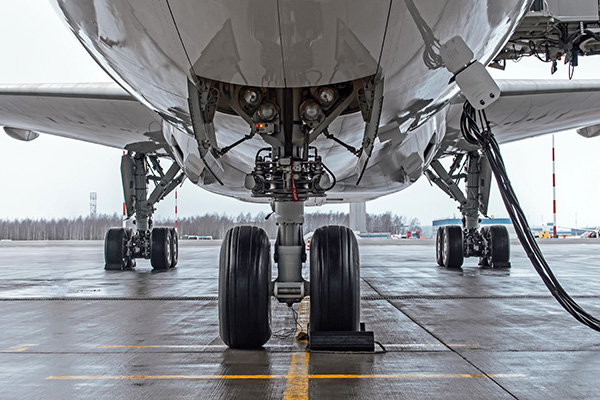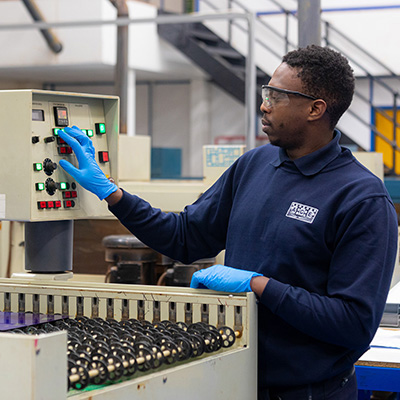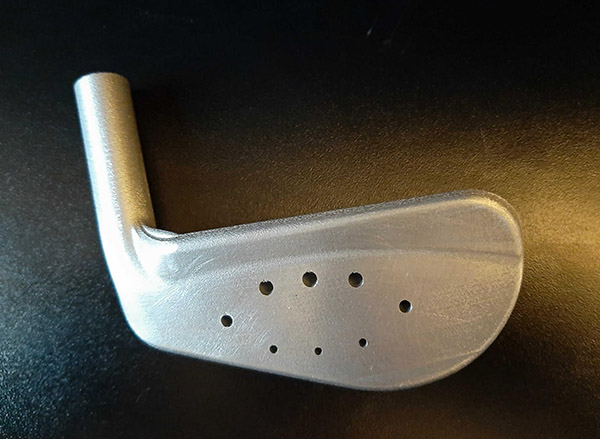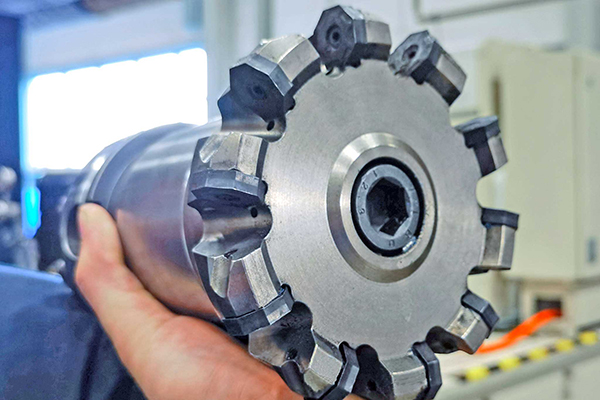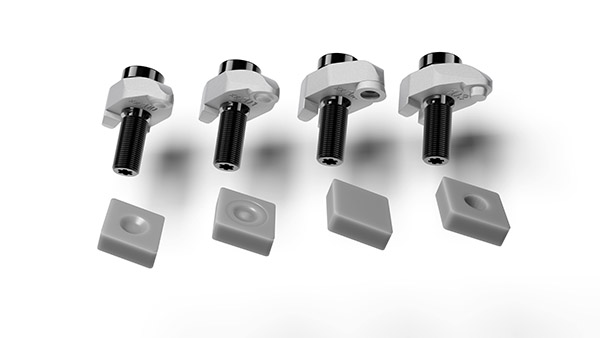
Leading aerospace companies including Airbus and Safran Landing Systems are working with a consortium led by the National Manufacturing Institute Scotland (NMIS) on a new project aiming to offer a major sustainability boost, as well as cost and lead time savings, through a combination of forging, forming and additive manufacturing. The ‘Hybrid Direct Energy Deposition (DED) Sprint’ project partners include NMIS Digital Factory, Cranfield University and the Northern Ireland Technology Centre, along with an industry steering group of 13 companies.
The group is working to devise a new hybrid DED process that will help overcome current challenges that manufacturers face regarding the expensive and time-consuming process of manufacturing critical components required to operate under harsh environments. Although currently focused on the aerospace sector, the method will be applicable to a wide variety of industries including oil and gas, defence, space and automotive.
For further information www.nmis.scot






